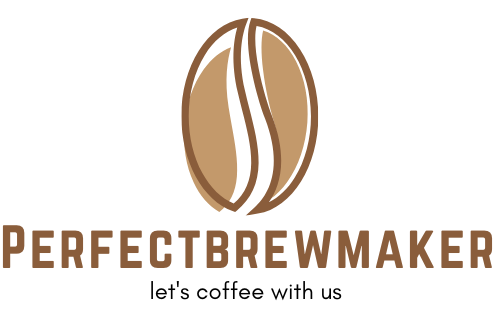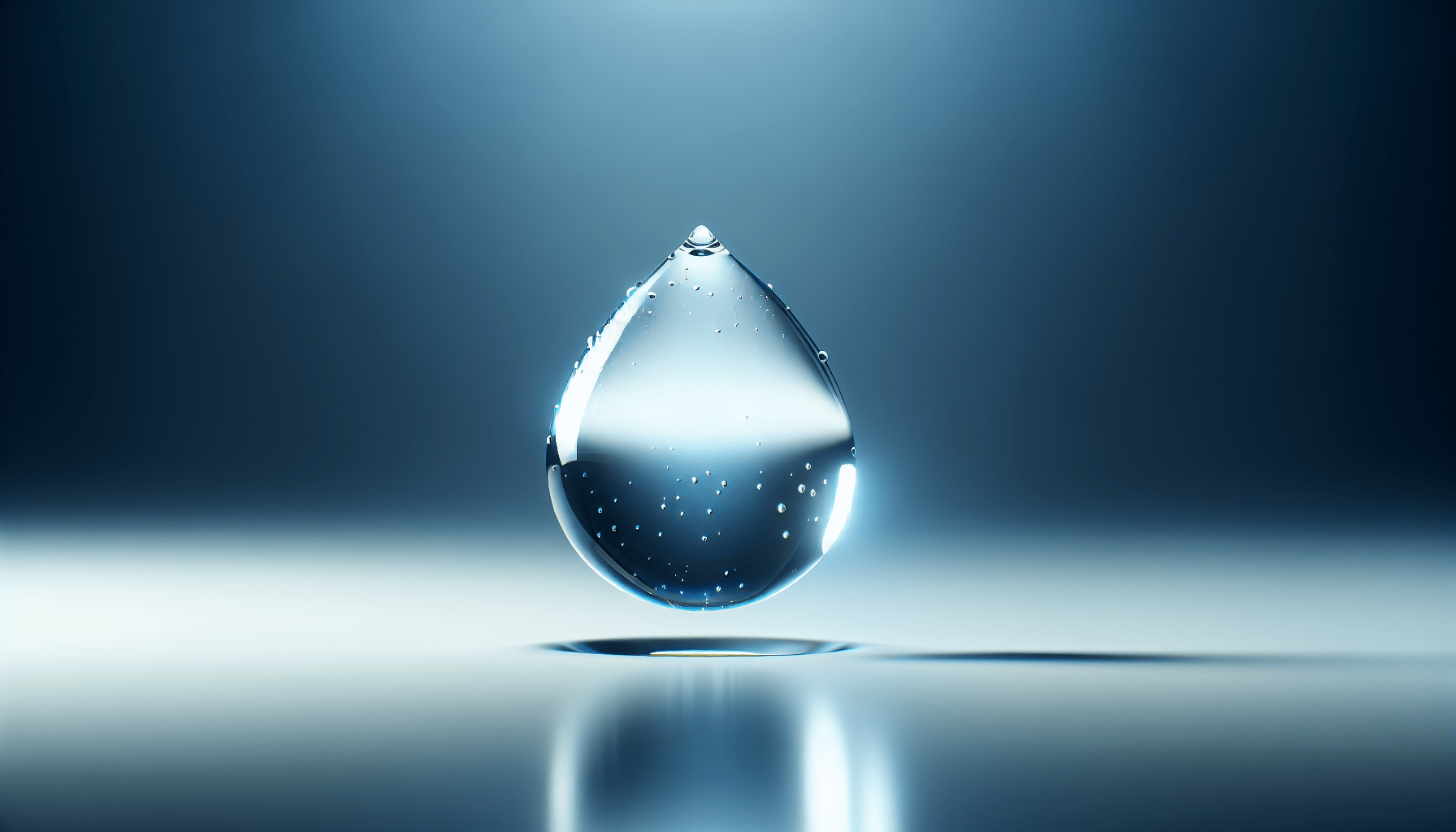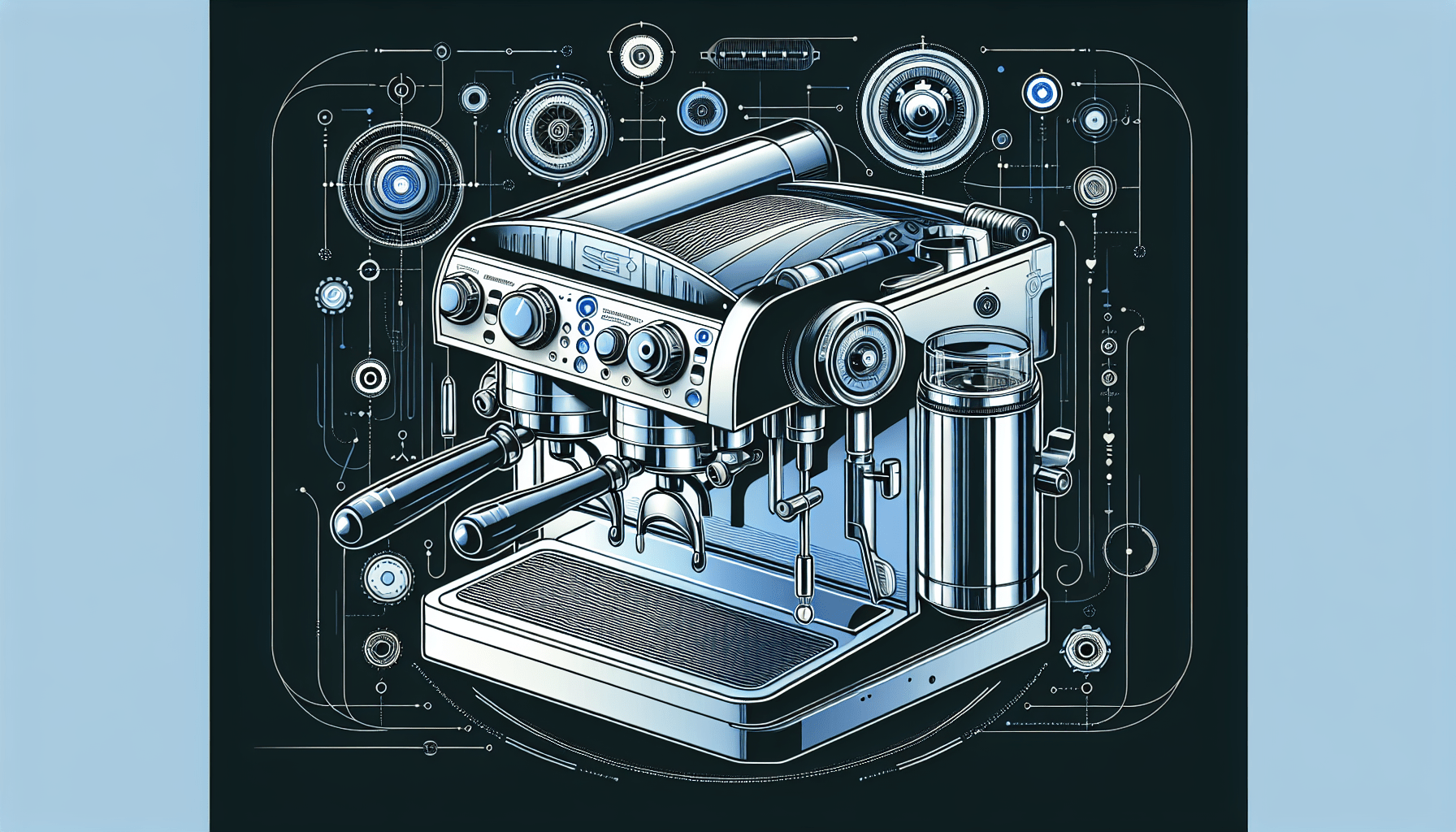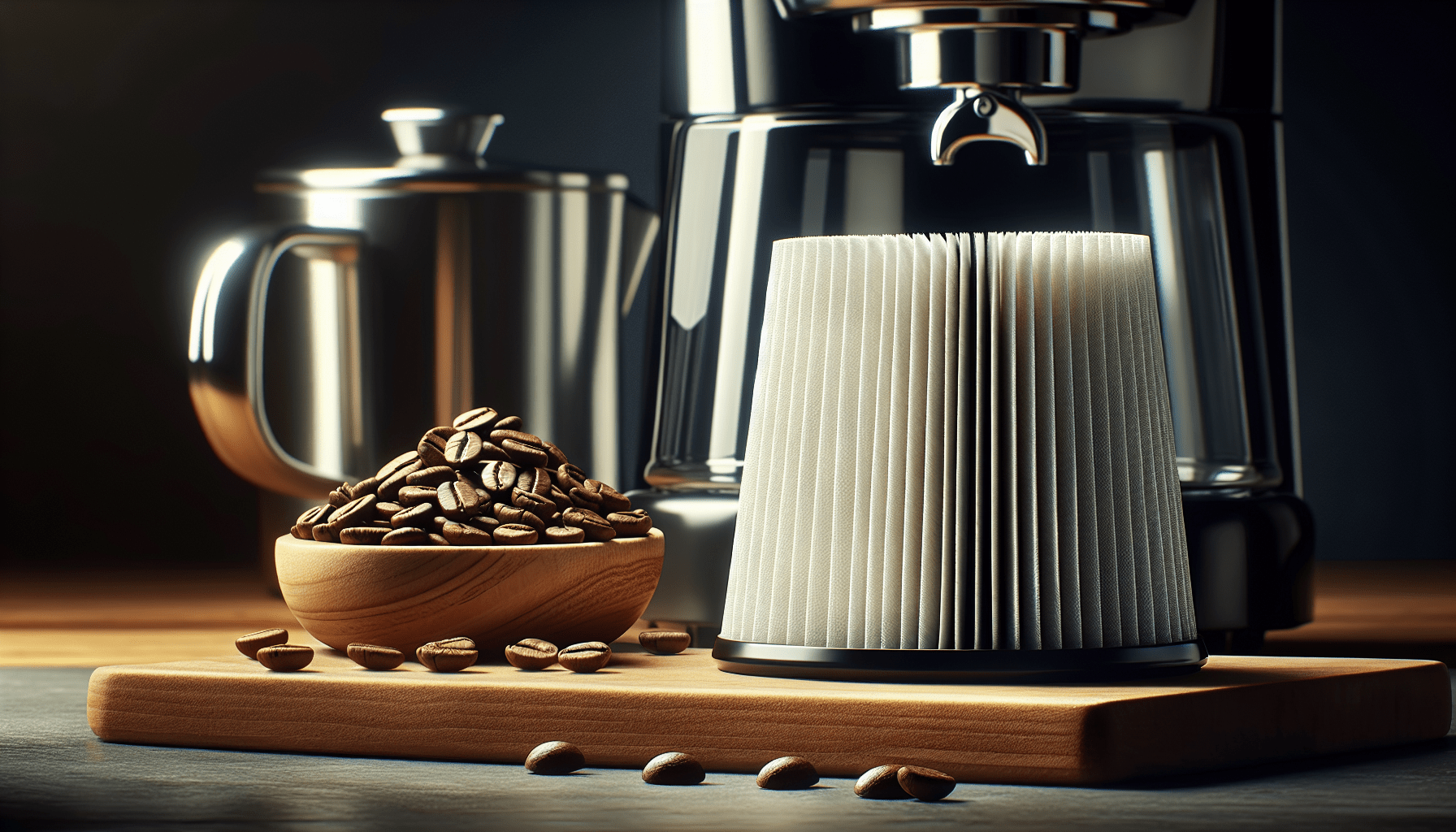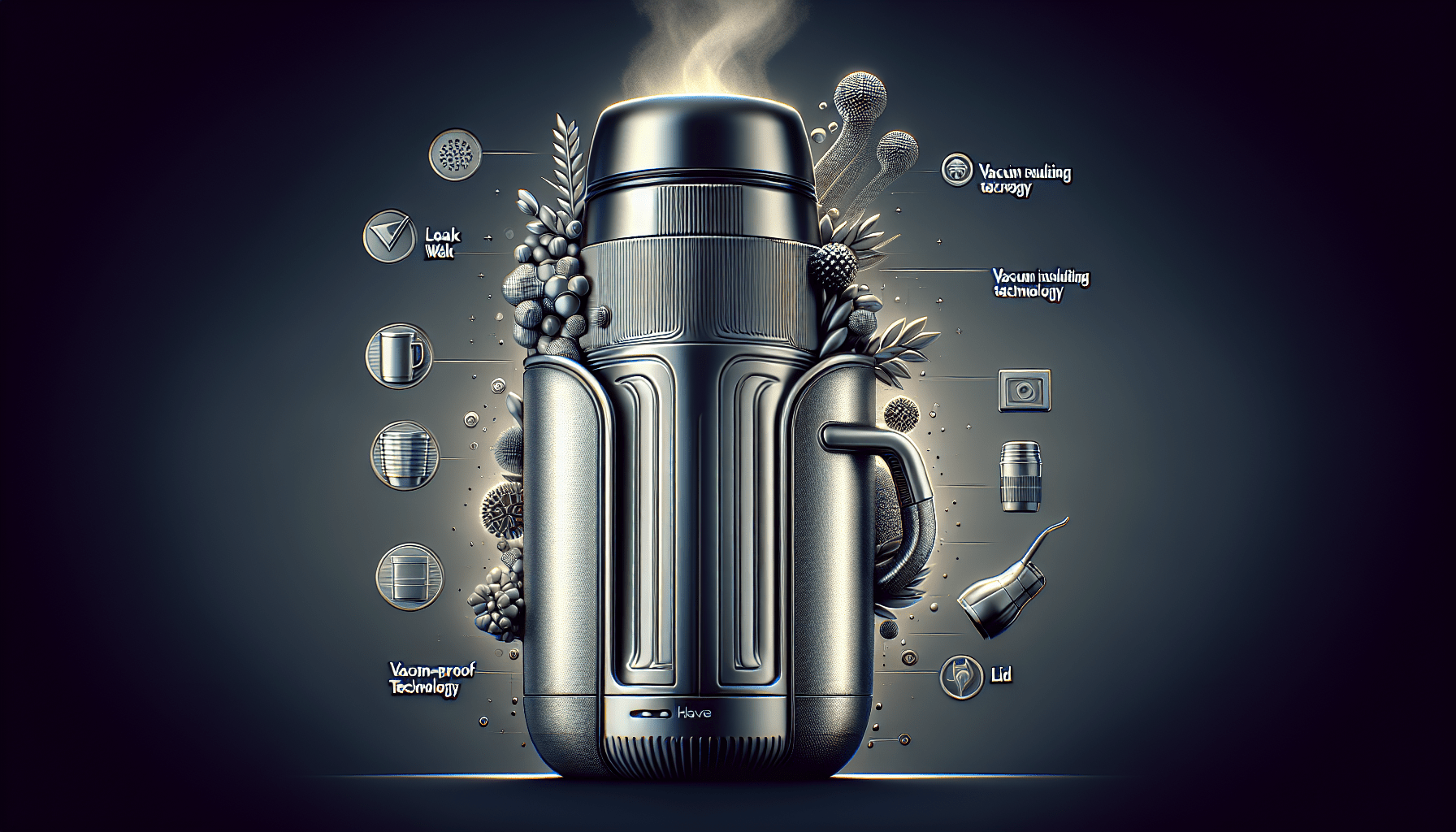Have you ever wondered if you could use filtered water in your coffee maker? Well, the answer is a resounding yes! Using filtered water can actually enhance the taste and quality of your morning brew. Not only does it remove impurities and chemicals that may affect the flavor, but it also helps to prolong the lifespan of your coffee maker by preventing limescale buildup. So, next time you reach for the water jug, consider filtering your water before brewing that perfect cup of coffee.
Benefits of using filtered water in a coffee maker
Improved taste and flavor
Using filtered water in your coffee maker can significantly enhance the taste and flavor of your coffee. Tap water often contains chlorine, minerals, and other impurities that can affect the final taste of your brew. By filtering out these contaminants, you can ensure that your coffee is clean and pure, allowing the natural flavors to shine through.
Removes impurities and contaminants
One of the key benefits of using filtered water in your coffee maker is the removal of impurities and contaminants. Activated charcoal filters, for example, are excellent at trapping and removing chlorine, sediments, and other unwanted substances that may be present in tap water. By eliminating these impurities, you can enjoy a cleaner and healthier cup of coffee.
Prevents mineral buildup in the coffee maker
By using filtered water, you can prevent mineral buildup in your coffee maker. Water with a high mineral content, known as hard water, can cause limescale to accumulate inside your coffee maker over time. This buildup can affect the performance and lifespan of your machine. By using a water softener filter or a reverse osmosis filter, you can minimize mineral deposits and extend the life of your coffee maker.
Types of filters for coffee makers
Activated charcoal filters
Activated charcoal filters are commonly used in coffee makers to remove impurities and improve the quality of the water used for brewing. These filters work by adsorption, which means that impurities and contaminants stick to the surface of the charcoal. They are highly effective at removing chlorine, sediment, and unpleasant tastes or odors from the water.
Water softener filters
Water softener filters are designed to remove minerals from the water, particularly calcium and magnesium. These minerals can cause limescale buildup in the coffee maker and affect the taste of your coffee. Water softener filters use ion exchange technology to replace the minerals with sodium ions, resulting in softer water that is less likely to cause scale.
Reverse osmosis filters
Reverse osmosis filters are known for their ability to remove a wide range of contaminants, including heavy metals, pesticides, and bacteria. These filters work by forcing water through a semi-permeable membrane, leaving behind impurities. While reverse osmosis filters are highly effective, they may also remove beneficial minerals from the water. It is important to consider the balance between water purity and mineral content when using these filters.
Compatibility of filtered water with different coffee makers
Drip coffee makers
Filtered water is compatible with most drip coffee makers. These machines typically have a water tank that can be filled with filtered water, allowing for a cleaner and better-tasting brew. It is important to follow the manufacturer’s recommendations regarding water quality and filter specifications to ensure optimal performance.
Espresso machines
Espresso machines also benefit from the use of filtered water. The pressure and precision required for brewing espresso make water quality even more crucial. Using filtered water can help to prevent clogging and mineral buildup in the machine, ensuring consistent and high-quality espresso shots.
French press
While not as sensitive to water quality as drip coffee makers or espresso machines, using filtered water in a French press can still make a noticeable difference in the taste of your coffee. The removal of impurities and contaminants can result in a cleaner and more enjoyable cup of coffee.
Considerations when using filtered water in a coffee maker
Maintenance of filters
When using filtered water in your coffee maker, it is important to regularly maintain the filters. This may involve rinsing them, replacing cartridges, or following the specific maintenance instructions provided by the filter manufacturer. Proper maintenance ensures that the filters continue to effectively remove impurities and provide clean water for brewing.
Regular replacement of filter cartridges
Filter cartridges have a limited lifespan and need to be replaced regularly. The frequency of replacement depends on the type of filter and the water quality in your area. It is essential to follow the manufacturer’s recommendations for cartridge replacement to maintain the performance and effectiveness of the filter.
Effect on brewing time and temperature
Using filtered water may slightly impact the brewing time and temperature of your coffee maker. The removal of impurities can allow for better heat transfer and extraction, resulting in a more efficient brewing process. It is advisable to monitor the brewing time and temperature when switching to filtered water to ensure that your coffee is brewed to perfection.
Alternatives to filtered water in a coffee maker
Bottled water
Bottled water is often a popular alternative to tap water when brewing coffee. However, it is important to note that not all bottled waters are equal in terms of quality. Look for bottled water that is specifically labeled as being suitable for coffee brewing to ensure that it meets the desired standards.
Distilled water
Distilled water is another alternative that can be used in a coffee maker. Distillation removes impurities by boiling the water and collecting the steam, leaving behind any contaminants. However, many coffee experts advise against using distilled water for brewing as it lacks minerals that contribute to the overall flavor and balance of the coffee.
Tap water
Tap water is the most readily available option for brewing coffee. However, the quality of tap water can vary widely depending on where you live. It may contain chlorine, minerals, and other impurities that can affect the taste and odor of your coffee. Using a filter, such as an activated charcoal filter, can help improve the quality of tap water for brewing.
Tips for using filtered water in a coffee maker
Follow manufacturer’s recommendations
Each coffee maker has specific requirements regarding water quality and filter compatibility. It is essential to consult the manufacturer’s instructions to ensure that you are using the appropriate filter and following the recommended procedures for using filtered water.
Properly clean and descale the coffee maker
Regularly cleaning and descaling your coffee maker is essential when using filtered water. Even with a filter, mineral buildup can occur over time, affecting the performance and taste of your coffee. Follow the manufacturer’s cleaning instructions and descale the machine regularly to maintain optimal brewing conditions.
Consider preheating filtered water
Preheating your filtered water before brewing can help ensure a more consistent brew temperature and extraction. This can be done by heating the water in a separate kettle or by using a coffee maker with built-in preheating capabilities. Preheating the water can enhance the overall taste and flavor of your coffee.
FAQs about using filtered water in a coffee maker
Can I use hot or cold filtered water?
Yes, you can use both hot or cold filtered water in your coffee maker, depending on your preference. Most coffee makers are designed to handle a range of water temperatures. However, it is important to follow the manufacturer’s recommendations to ensure the best brewing results.
Is filtered water safe for my health?
Filtered water is generally considered safe for consumption. The filtration process helps remove impurities and contaminants, making the water cleaner and healthier. However, it is important to regularly maintain and replace the filters to ensure their effectiveness in providing clean water.
Can I use DIY filters instead of purchasing them?
While there are DIY filter options available, they may not be as effective or reliable as commercially manufactured filters. DIY filters may lack the necessary technology to adequately remove impurities and contaminants from the water, resulting in a lower quality brew. It is generally recommended to use commercially available filters for optimal results.
Expert opinions on using filtered water in a coffee maker
Coffee experts recommend using filtered water
Many coffee experts agree that using filtered water is essential for achieving the best possible coffee flavor. The removal of impurities and contaminants allows the natural flavors of the coffee to shine through, resulting in a more enjoyable and well-rounded cup of coffee.
Water quality affects overall coffee taste
Water quality plays a significant role in the taste of your coffee. The presence of chlorine, minerals, and other impurities can alter the flavor and aroma of the brew. By using filtered water, you can improve the overall taste and quality of your coffee.
Filtered water can enhance the brewing process
Filtered water can enhance the brewing process by providing cleaner and purer water for extraction. The removal of impurities and contaminants allows for better heat transfer and extraction, resulting in a more efficient and flavorful brew.
Conclusion
Using filtered water in a coffee maker can greatly enhance the taste and flavor of your coffee while also extending the lifespan of your machine. The improved taste, removal of impurities, and prevention of mineral buildup are just a few of the benefits you can experience. However, it is important to consider the type of coffee maker you have, the maintenance requirements, and follow the manufacturer’s recommendations to ensure optimal results. So, go ahead and invest in a good filter for your coffee maker to enjoy a consistently delicious cup of coffee every time.
